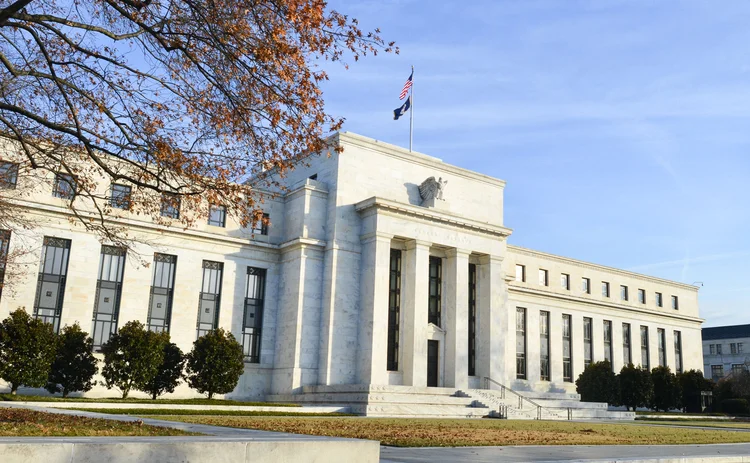
Impact of Fed’s QE often larger in EMs than US, research finds
IMF working paper examines cross-border effects of unconventional monetary policy

The impact of the Federal Reserve's quantitative easing (QE) was "often larger" in emerging markets than in the United States, according to research published by the IMF on April 29.
The working paper, Financial Crisis, US Unconventional Monetary Policy and International Spillovers, by Qianying Chen, Andrew Filardo, Dong He and Feng Zhu, examines the cross-border effects of the Fed's asset purchases using a global vector error-correction model.
"The estimated effects on the emerging economies
Only users who have a paid subscription or are part of a corporate subscription are able to print or copy content.
To access these options, along with all other subscription benefits, please contact info@centralbanking.com or view our subscription options here: subscriptions.centralbanking.com/subscribe
You are currently unable to print this content. Please contact info@centralbanking.com to find out more.
You are currently unable to copy this content. Please contact info@centralbanking.com to find out more.
Copyright Infopro Digital Limited. All rights reserved.
As outlined in our terms and conditions, https://www.infopro-digital.com/terms-and-conditions/subscriptions/ (point 2.4), printing is limited to a single copy.
If you would like to purchase additional rights please email info@centralbanking.com test test test
Copyright Infopro Digital Limited. All rights reserved.
You may share this content using our article tools. As outlined in our terms and conditions, https://www.infopro-digital.com/terms-and-conditions/subscriptions/ (clause 2.4), an Authorised User may only make one copy of the materials for their own personal use. You must also comply with the restrictions in clause 2.5.
If you would like to purchase additional rights please email info@centralbanking.com test test test







